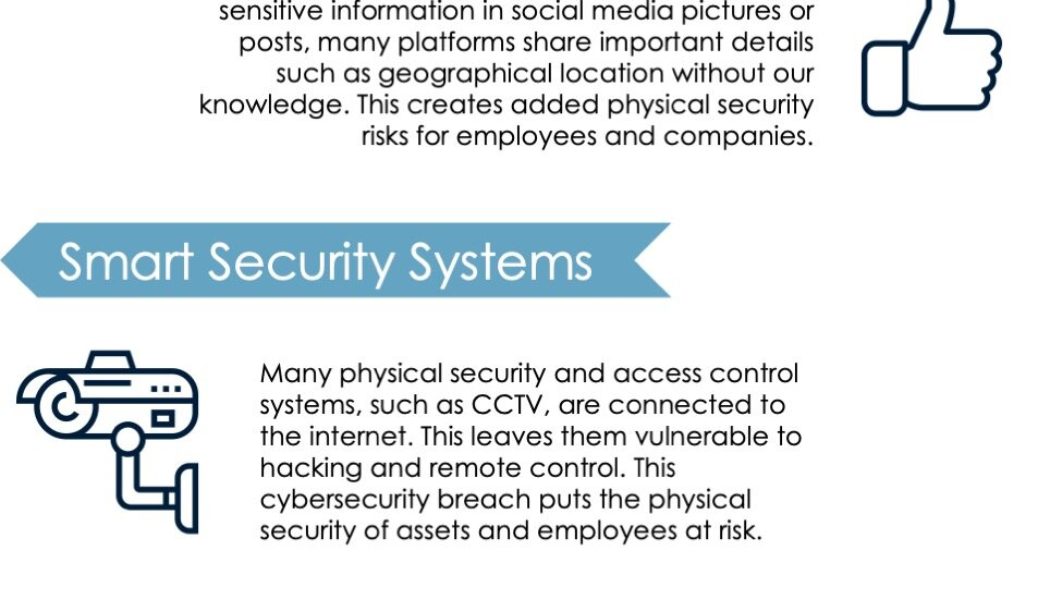IT
Finding the Business Case for Blockchain
We use cookies on our website to give you the most relevant experience by remembering your preferences and repeat visits. By clicking “Accept All”, you consent to the use of ALL the cookies. However, you may visit “Cookie Settings” to provide a controlled consent.
Paysend Partners with Afrimoney to Enable Transfers to West Africa
We use cookies on our website to give you the most relevant experience by remembering your preferences and repeat visits. By clicking “Accept All”, you consent to the use of ALL the cookies. However, you may visit “Cookie Settings” to provide a controlled consent.
MultiChoice Zambia Partners with MTN Mobile Money
We use cookies on our website to give you the most relevant experience by remembering your preferences and repeat visits. By clicking “Accept All”, you consent to the use of ALL the cookies. However, you may visit “Cookie Settings” to provide a controlled consent.
New South African App Lets You Consult Doctors from Your Smartphone
We use cookies on our website to give you the most relevant experience by remembering your preferences and repeat visits. By clicking “Accept All”, you consent to the use of ALL the cookies. However, you may visit “Cookie Settings” to provide a controlled consent.
How to Secure Your Remote Work Environment from Cybersecurity Threats
Sourced from International IDEA Cybersecurity threats are at an all-time high. With organizations increasingly employing hybrid work models, it has become more vital than ever to educate employees on the various cybersecurity risks that come with a distributed work environment. In a hybrid work environment, employees working from home pose a greater security risk compared to those working at the office. Home networks are less secured than corporate networks, unprotected by in-office firewalls and advanced fraud detection systems. In the comfort of one’s home, a small mistake by an employee could potentially risk the company’s confidential data being leaked. However, risks like data leaks and device compromise can be managed by following certain best practices. Here are some of the practice...























